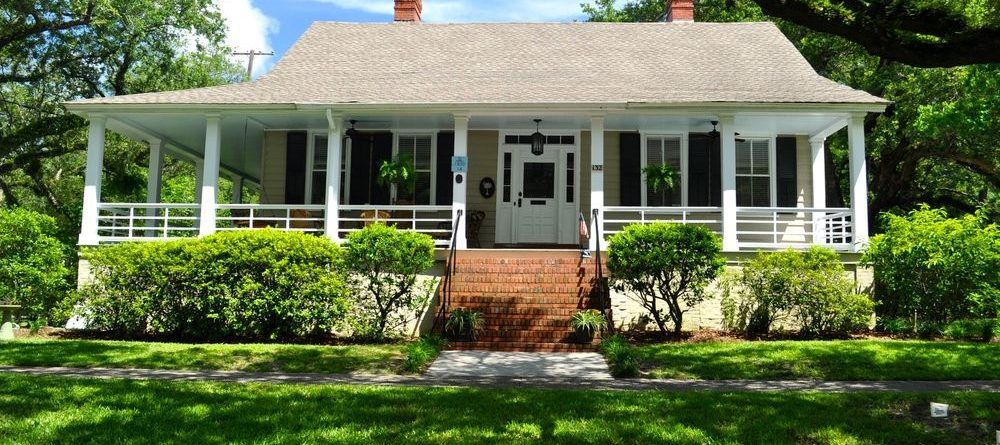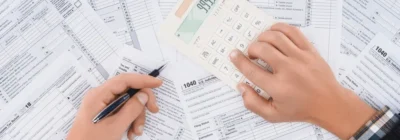What taxes must you pay when buying and selling a property in Spain?
Patrick Gordinne Perez2024-10-30T17:40:54+00:00The taxes on the sale of property in Spain are legally fixed, but vary depending on the position in the transaction. Here we explain them better…
Taxes on the purchase and sale of property in Spain
The taxation for buying or selling a property in Spain depends on whether you are the buyer or the seller.
Not surprisingly, the legal figures will vary depending on this circumstance and, although there are limitation periods, it is best to comply as soon as possible.
These are described in detail here:
Taxes on sale and purchase for the buyer
There are three taxes when buying a property, but depending on whether it is second-hand or new, one or the other will be applied. Let us see:
Value Added Tax (VAT):
VAT is a tax that is paid if the property purchased is newly built. This tax is set at 10 % in general and 4 % for social housing.
The tax is paid to the builder, who settles it with the Tax Agency, although there are some formulas for deductions.
Transfer Tax (Impuesto de Transmisiones Patrimoniales, ITP):
ITP is a tax that is levied on the purchase of second-hand housing.
The corresponding percentage is paid on the higher of these two amounts:
- The purchase value, i.e. the price that is put on the title deeds.
- The reference value established by the land registry.
You can find out what the reference value of your house is on the page of the land registry.
If the purchase value is higher than the reference value you will pay for the purchase value and if the reference value is higher than the purchase value you will pay the ITP on the reference value.
The ITP is levied by the regional treasuries and the tax rate will change depending on the territory.
The reason for this is that each Autonomous Community sets its own percentage, which can vary greatly.
For example:
- In the Valencian Community, i.e. in the province of Alicante, you pay 10 %.
- In the Region of Murcia you pay 8%.
Also each community can put some bonuses depending on age, disability, etc; so the best thing to do is to consult directly.
See in our article which are the novelties in the ITP of the Valencian Community and the ITP of the region of Murcia in 2024.
Tax on Documented Legal Acts (IAJD):
The IAJD is a tax that is also paid when buying a home. Like the ITP, it is collected by the regional treasuries, which have regulatory powers. For this reason, it is also necessary to ask beforehand.
Sales taxes for the seller
The taxes on sale and purchase for the seller are generally more substantial, especially if there has been a gain. Here we will focus on those directly related to the taxable event, the sale itself. Let us see:
Personal Income Tax (IRPF):
If there is a capital gain when selling the property, the IRPF has to be settled. Depending on the difference, this amount will be higher or lower. In fact, it varies between 19% for gains of less than 6,000 euros and 28% for gains of more than 300,000 euros.
Capital Gains Tax (IIVTNU):
The tax on the increase in the value of urban land, also known as capital gains tax, is levied on the increase in the value of properties. For this, quotients are applied and it has to be settled with the town hall. The ratios can change and will also depend on whether or not there has been a gain.
If the property is inherited, Inheritance Tax should be paid beforehand, whether or not it has to be paid. But these are the main taxes.
In a nutshell…
There are various taxes involved in the purchase and sale of property, and sometimes, if it is the first time that these operations are carried out, it is relatively easy to get confused.
At Asesoría Orihuela Costa we help individuals and companies to do the paperwork safely.
Get to know us better!






